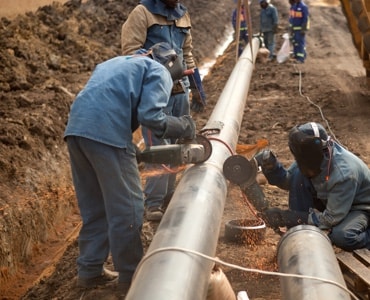20 Years of the Voluntary Principles
To mark the 20th anniversary of the Principles, we invited those who have a long-standing history with the VPs to share their views on this important milestone.


The Voluntary Principles on Security and Human Rights were created in 2000 when the governments of the United States and the United Kingdom, companies, and NGOs engaged in a dialogue about security and human rights. Although originally developed for the extractive and energy sector, the principles are implemented by a variety of industries.
While the duty to protect human rights rests with governments, businesses have a responsibility to avoid harming people and to address adverse impacts with which they are involved. Companies often operate in complex environments with little guidance on the ground on how to observe their human rights responsibilities. The Voluntary Principles helps companies understand the environment they are operating in, identify security-related human rights risks, and take meaningful steps to address them.
To mark the 20th anniversary of the Principles, we invited those who have a long-standing history with the VPs to share their views on this important milestone.
Through dialogue and a collective effort, the participants have developed a set of voluntary principles that fall into three components.
Accurately assessing risks is critical to the security of personnel, local communities and assets, and to the success of the Company’s short and long-term operations.
This component guides the relationship between companies and public security to reduce the risk of abuses and to promote respect for human rights.
Where host governments are unable to provide security to protect a Company’s personnel or assets, private security providers may be engaged. This component provides guidance in this scenario.

The ability to assess risks in a Company’s operating environment and impact to local communities is critical. The quality of risk assessment depends on the assembling of updated, credible information from a range of perspectives — governments, security firms, other companies, multilateral institutions, and civil society. Some of the factors that should be considered are:

Although governments have the primary role of maintaining law and order, companies have an interest in ensuring that actions taken by public security providers are consistent with the protection of human rights. Some of the principles that guide relationships between companies and public security providers are:

The following represents some of the principles to guide private security conduct.
Download the complete set of Voluntary Principles on Security and Human Rights in your preferred language.